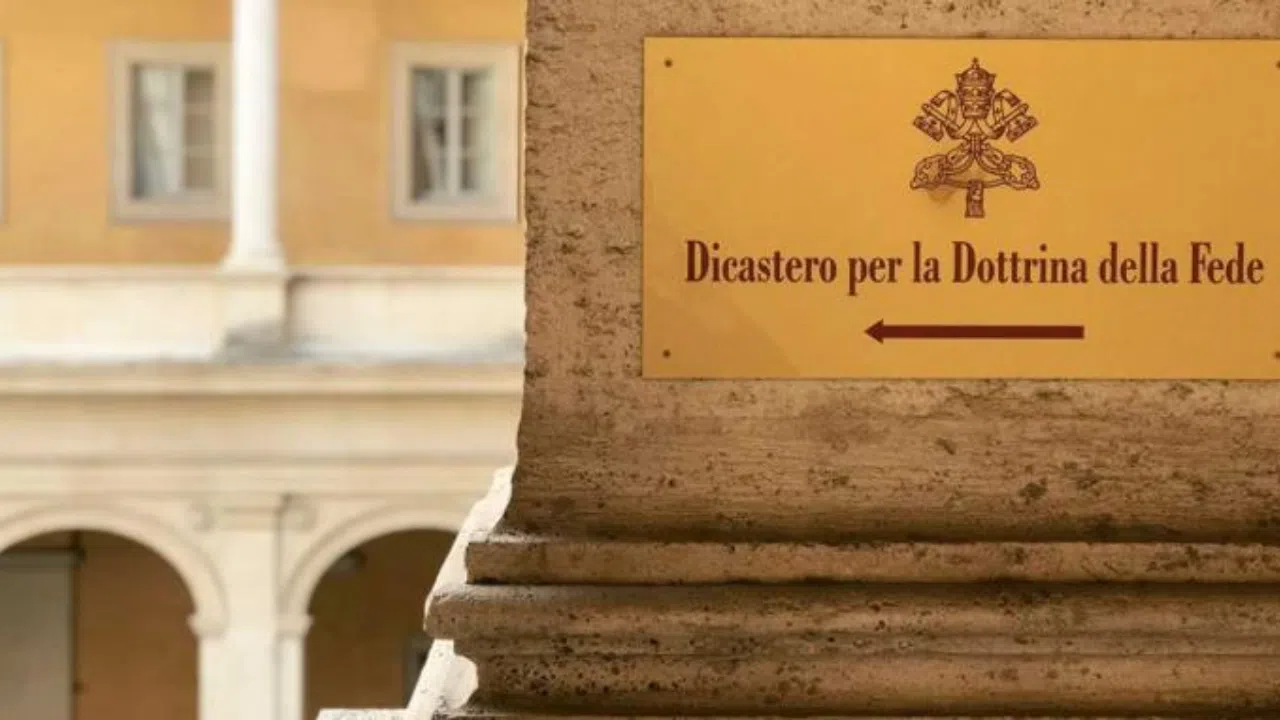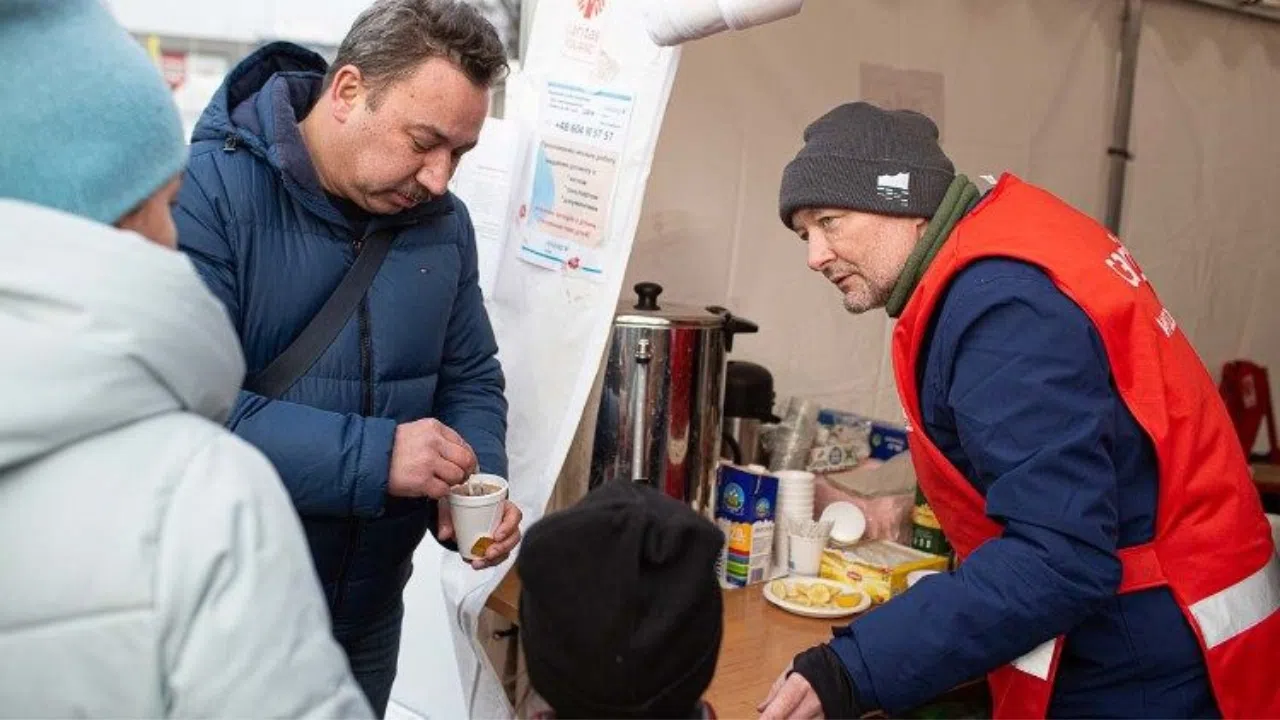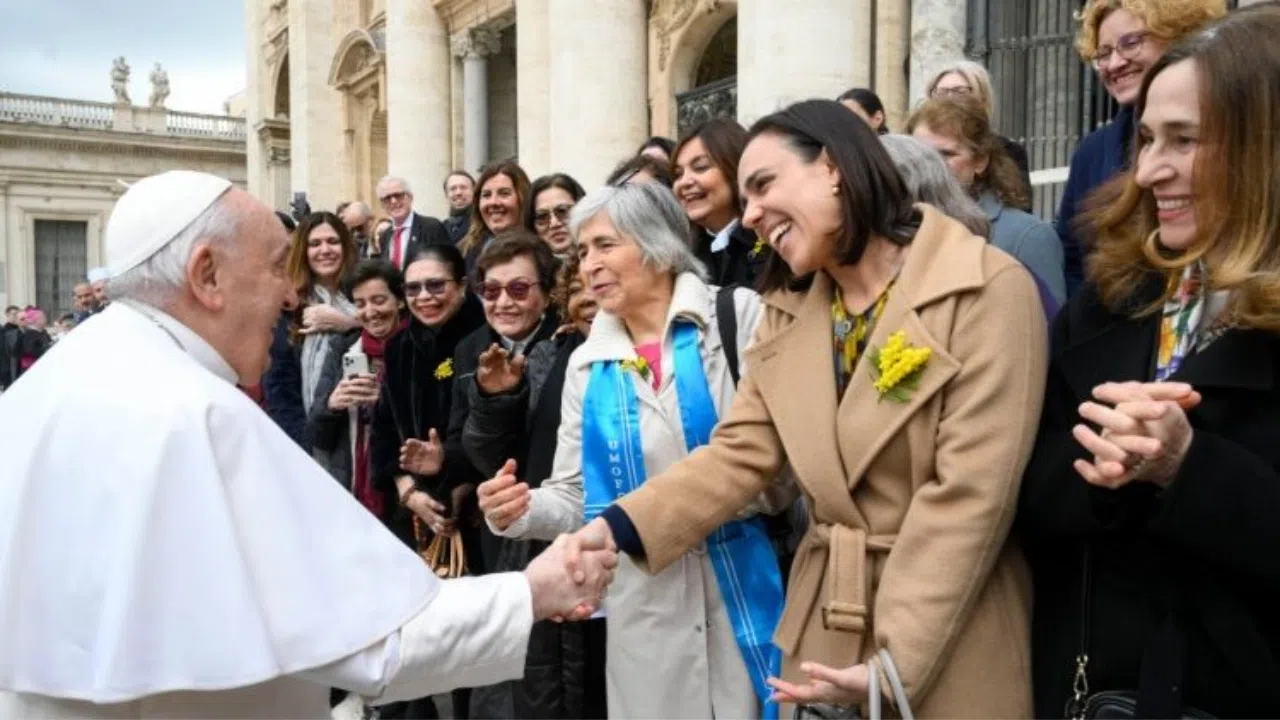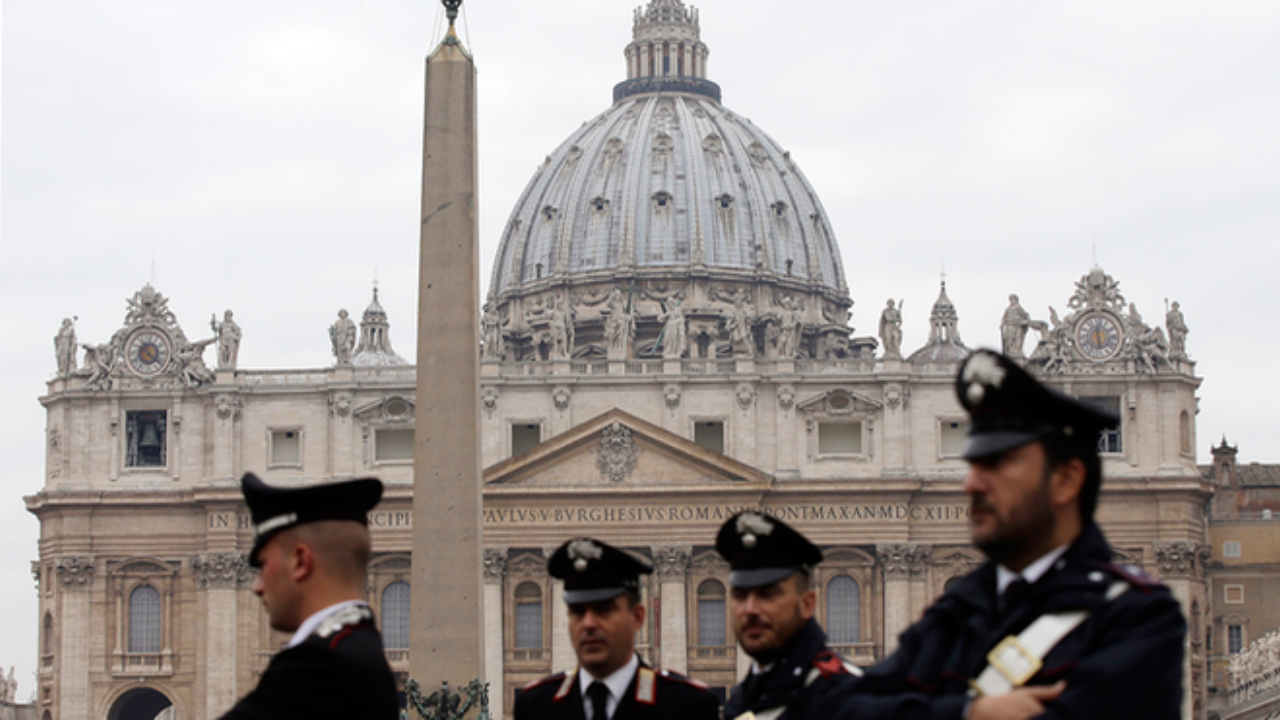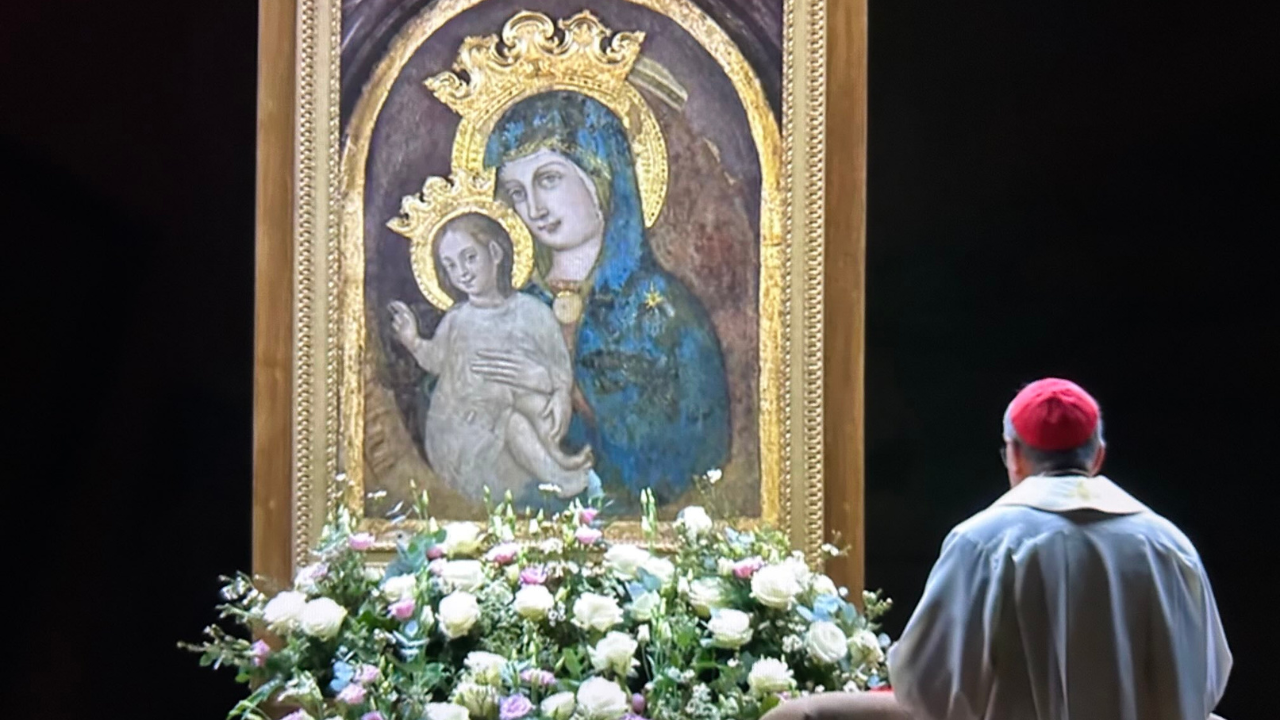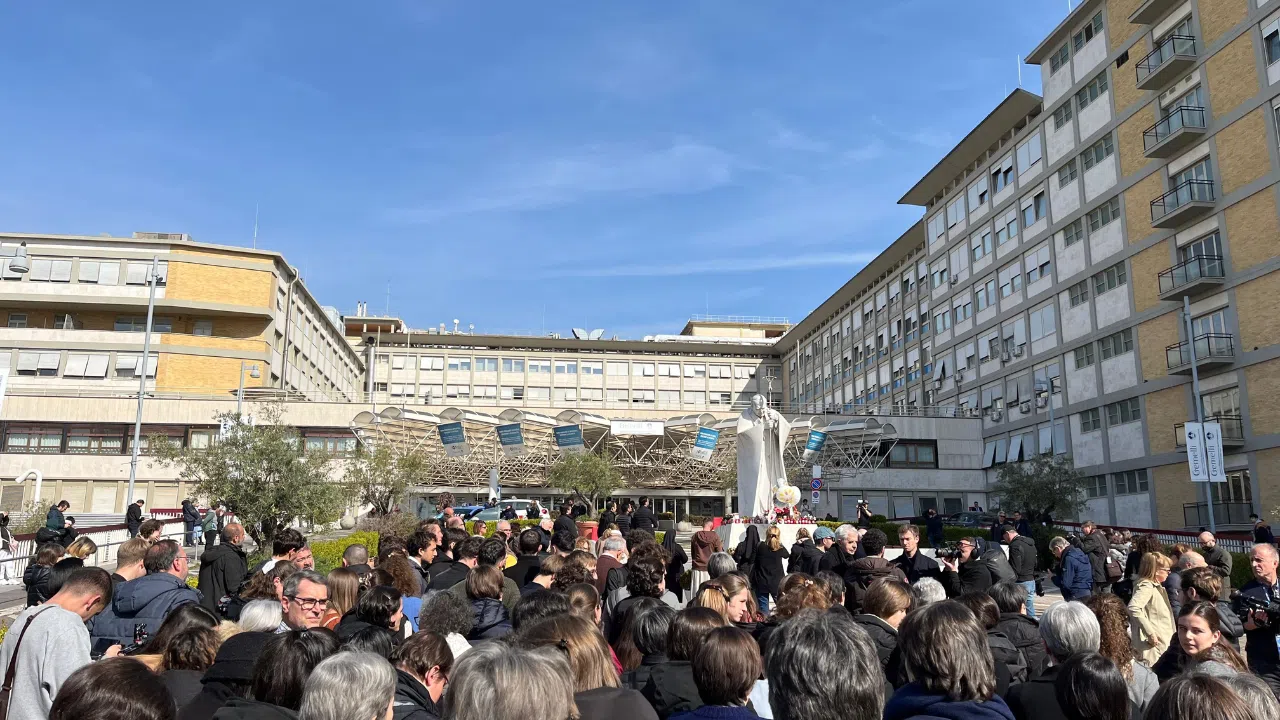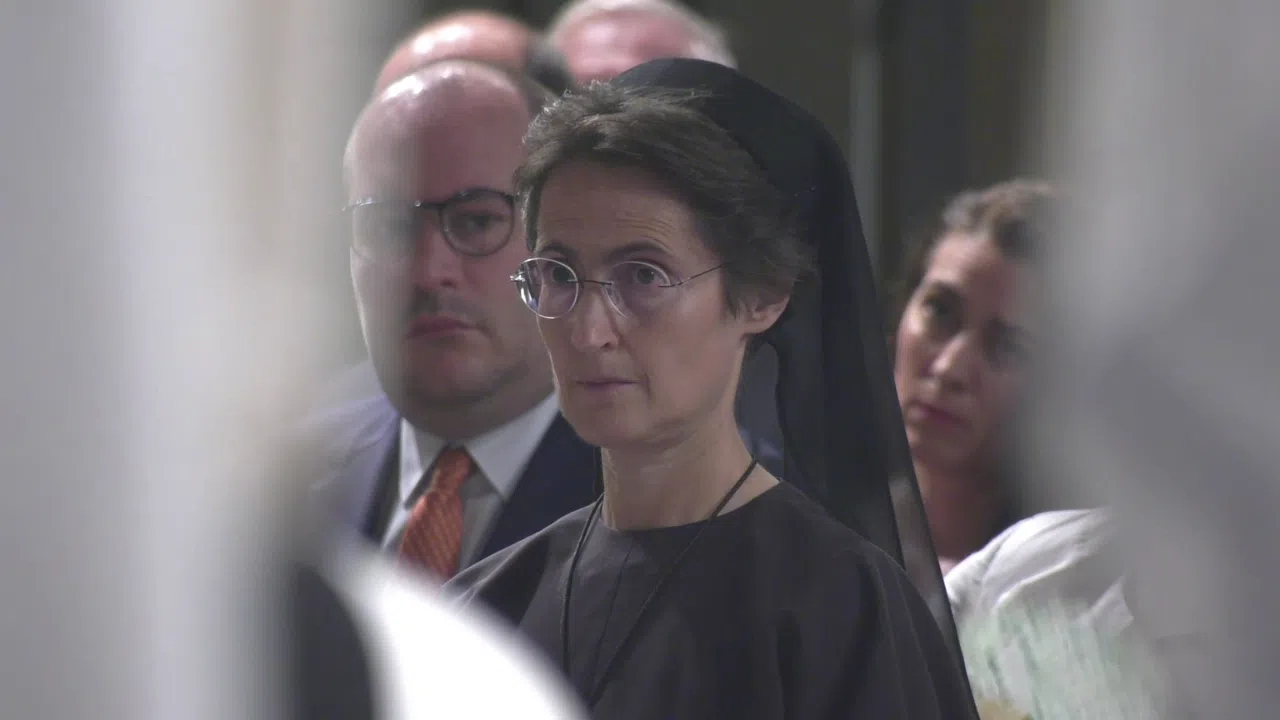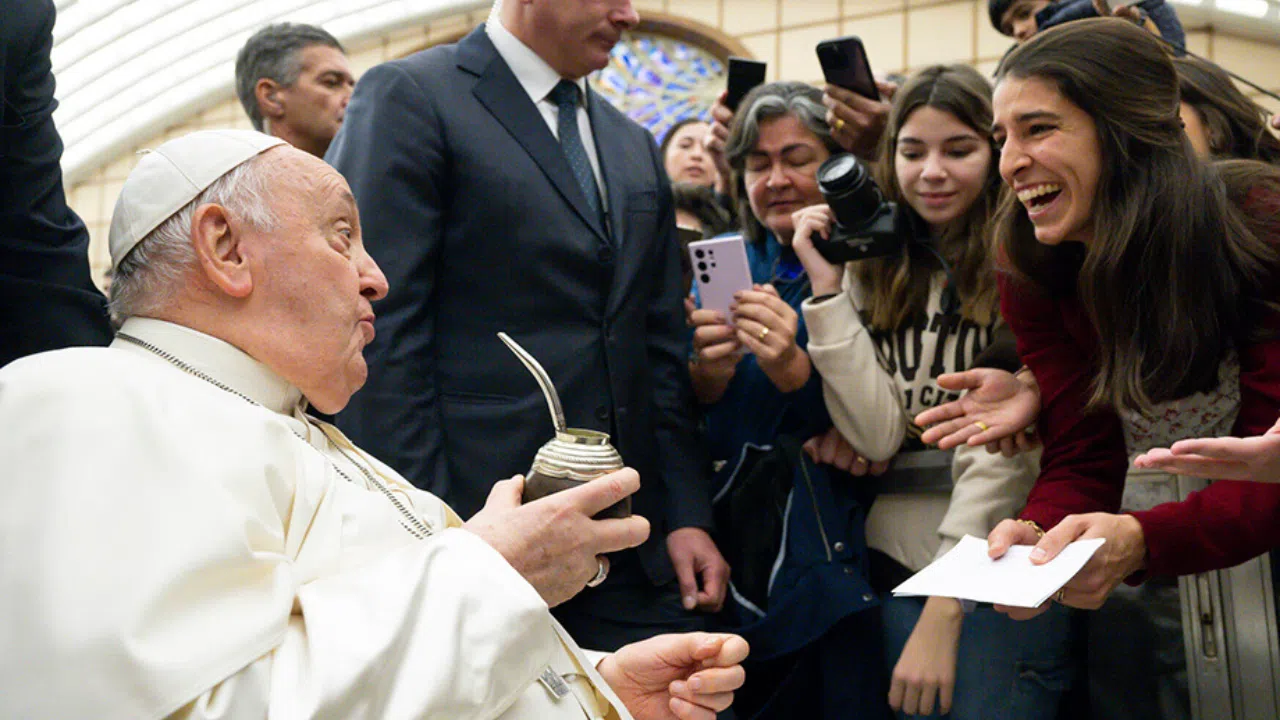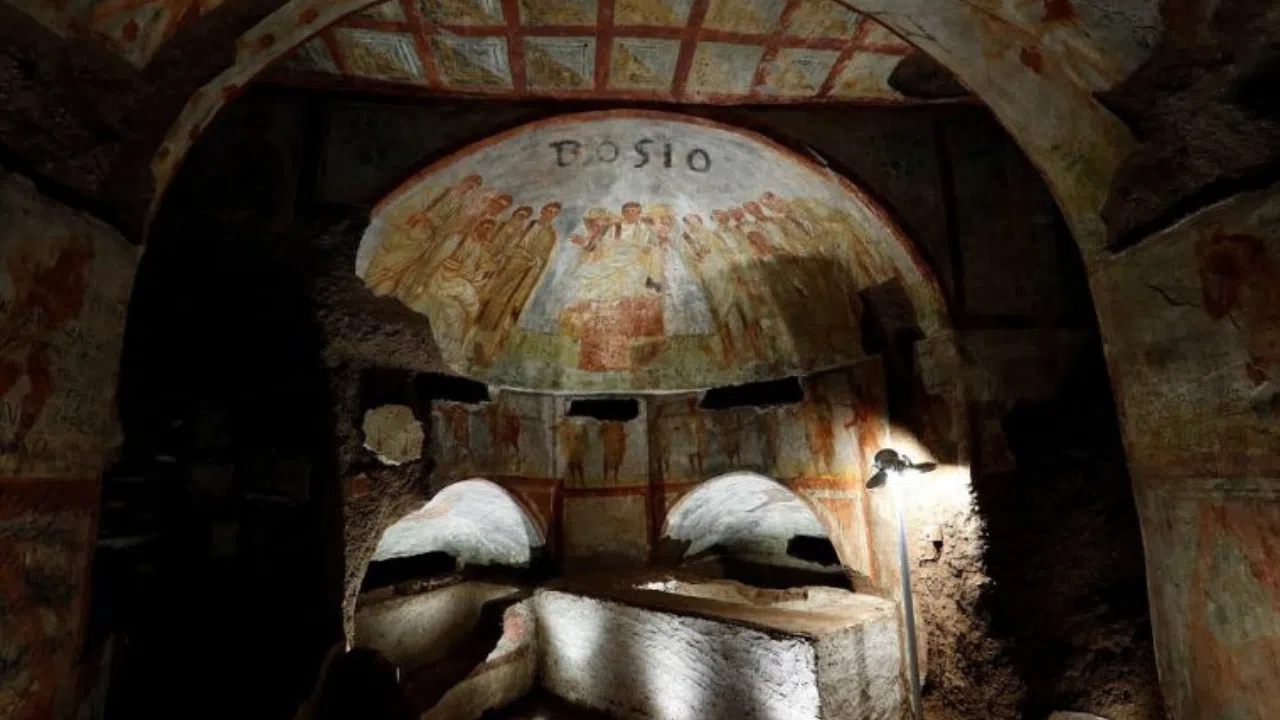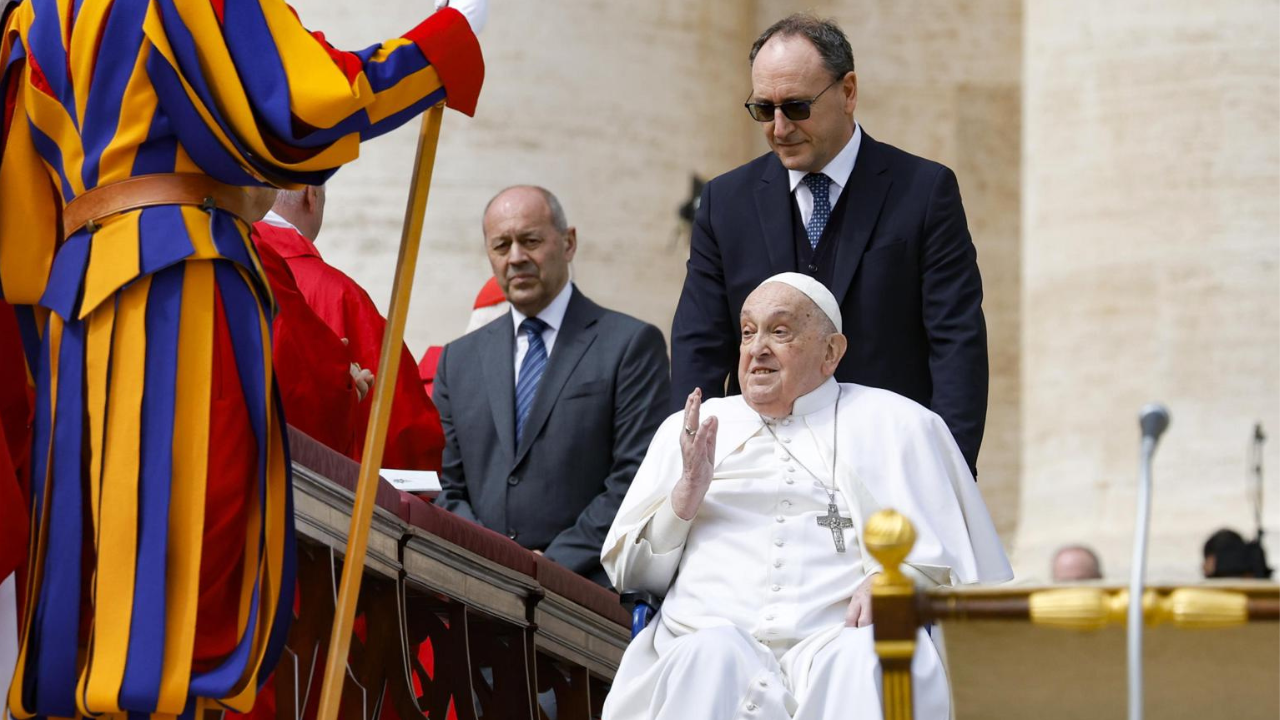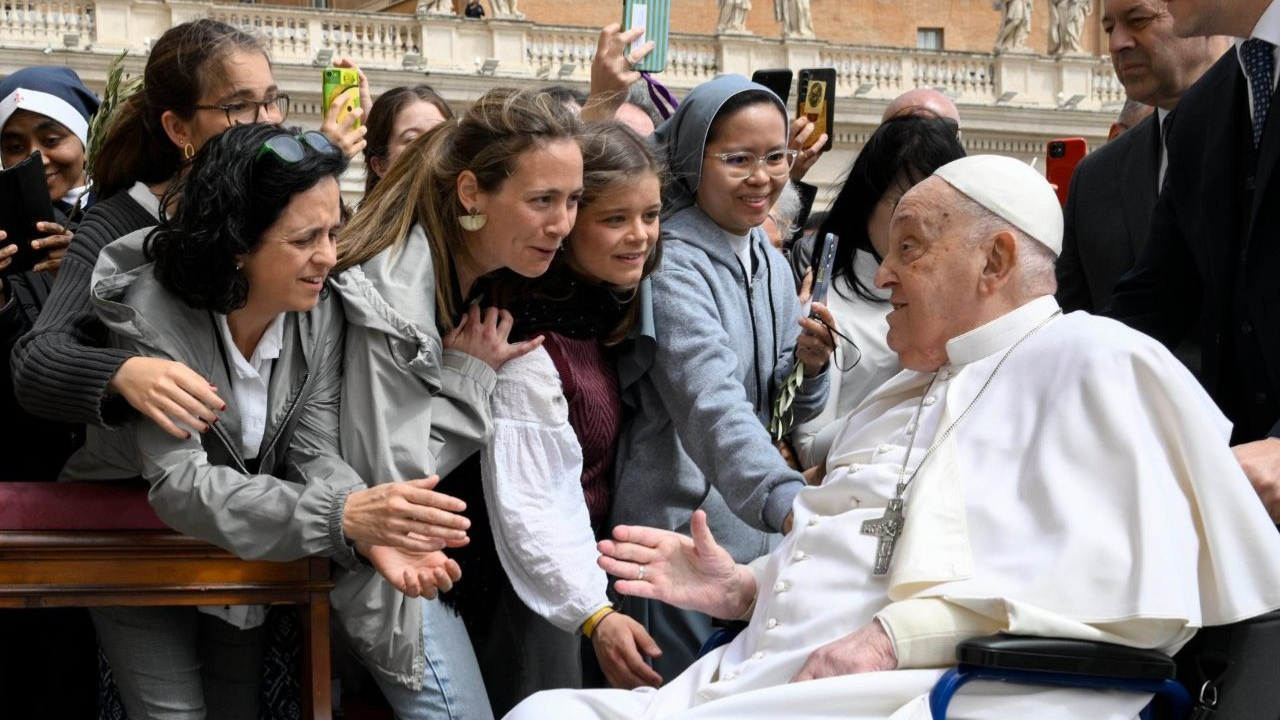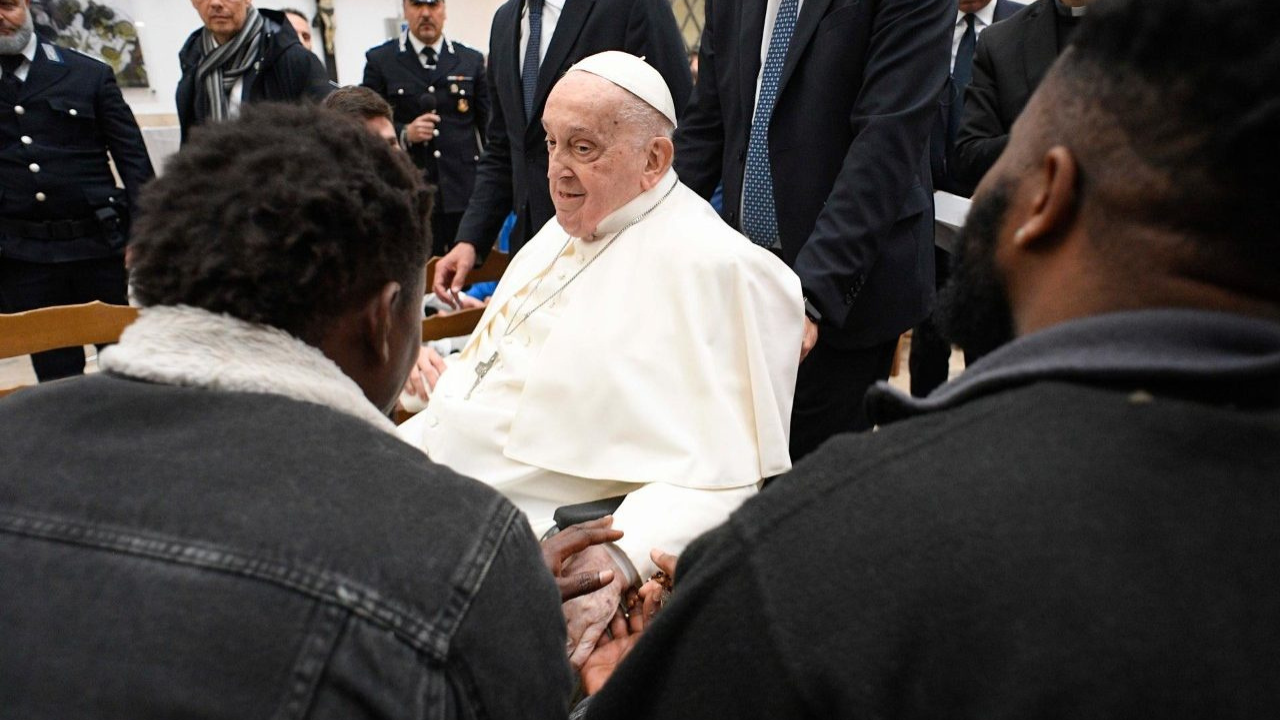The Vatican is working to improve its efforts to prevent and combat money laundering. This is what the latest report of the ASIF, the Authority for Supervision and Financial Information, has reported.
Throughout 2022, the Vatican suspended as many as 5 monetary deals worth more than $800,000. These deals had been carried out through the Vatican's financial institution called the IOR.
In addition, the Vatican's internal audits reported that over the course of last year there were as many as 128 suspicious transactions. 24 more than in 2021.
With the introduction of the euro, the Vatican was forced to improve its internal control systems. The Vatican does not have the capacity to issue its own currency and for historical reasons Italy does it. As the Vatican is not a European Union member, it had to agree to submit to the ethical financial checks demanded by the EU to be able to use the Euro.
This improved the Vatican's internal defense measures against those using its financial entity for unethical or illegal purposes. It also forced the Vatican to enter into collaboration agreements with other countries to exchange information. For example, thanks to its collaboration with Spain, it was possible to catch a gang posing as the Vatican to raise funds.
Currently, the Holy See has signed collaboration agreements with 67 foreign financial control offices. The most recent was with offices in North Macedonia and the Cayman Islands.
JRB
TR: KG


